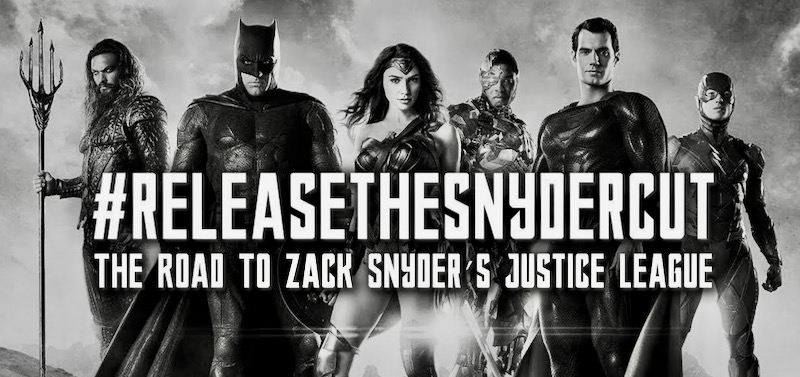
As the nation’s political and social discourse gets coarse, it’s no surprise that movie marketers — who aim to engage fans — increasingly battle unwanted spurts of toxic fan syndrome.
“So-called toxic fans take up an oversized place in the media’s and the public’s imaginations,” writes Aaron Couch in an analysis article in the Hollywood Reporter.
In 2019, fanboys ripped Disney’s “Captain Marvel,” knocking star Brie Larson, who was a rare female lead in a superhero film; and roasted “Star Wars: The Last Jedi” for allegedly injecting feminism. Since 2017, superhero aficionados clamored sometimes angrily for Warner Bros. to release a director’s cut of “Justice League”; their wish came true this year. In 2012, the current troll phenomenon began in earnest with fanboys ripping critics of Warner’s moody well-made “The Dark Knight” adaptation of the Batman property, essentially defending “Dark Knight” from online commenters both professional and amateur.
Fans clamored online for a director-driven re-edit of “Justice League,” resulting in some aficionados attacking distributor Warner Bros. Pictures and some executives by name. The beef stemmed from trolls blaming Warners studio “suits” from editing the original “Justice League” — a $300 million production that premiered in 2017 — for commercial tastes. The studio rode the “Justice League” re-edits groundswell, having director Zack Snyder refashion his 2017 theatrical into a longer version that got a splashy premiere March 18, 2021, on corporate sibling HBO Max, the video streaming platform.
It’s not a simple matter to assess blame for intemperate behavior. Hollywood stokes fanboys hoping they’ll promote movies. Further, movies can dish up loads of screen violence, ham-handed engagement in cultural cancellation, and reflect negatively on persons, places and things. “You aren’t against a culture of canceling things when you have actively participated in it,” wrote John F. Trent in BoundingIntoComics.com.
Of course, much of this is a tempest in a teapot. The trolls come across as somewhat disaffected personalities channeling big emotions into fictional entertainment with little real-life meaning, much like sports fans protective of their favorite teams or players. They are very zealous of traditional comic book canon, tend to be distrustful of later-day adaptations and can be dismissive of later-day fans, according to an essay in PopMatters.com.
The usual response from film distributors is to avoid entanglement with belligerents — often referred to as trolls — because doing so doesn’t promote movies and risks spinning out of control. But with emotional temperatures rising, sometimes Hollywood marketers push back, particularly to defend movie talent and executives that Hollywood companies feel have come under unwarranted personal attack.
Related content:
- The Hollywood Reporter: From ‘Justice League’ to ‘Star Wars,’ Studios Reckon With “Toxic” Fandom
- BoundingIntoComics.com: Studio Boss Condemns Toxic But Forgets its own Culpability
- PopMatters.com: Nostalgia Can Lead to Unwarranted Fan Entitlement
- Los Angeles Times: Has Hollywood Lost Touch With American Values?
- MarketingMovies.net: Disney Battles ‘Captain Marvel’ Trolls
- MarketingMovies:net: Did Angry Fanboys Rip ‘Jedi’ for Feminism?
- MarketingMovies.net: Fanboys Hurl ‘Dark Knight’ Threats
Leave a Reply